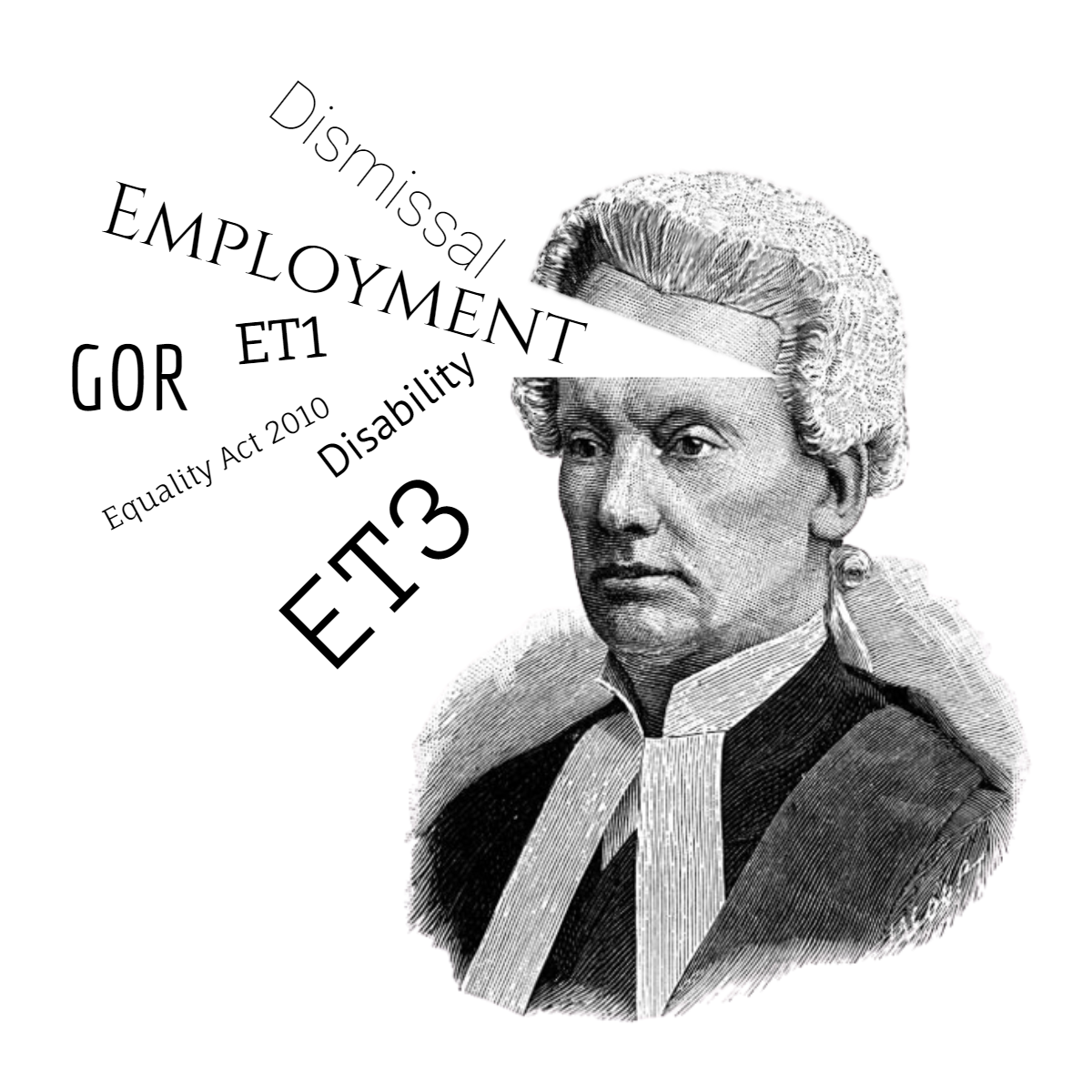Constructive
Dismissal
Constructive Dismissal
Section 95(1)(c) ERA states that there is a dismissal when the employee resigns in circumstances in which he is entitled to terminate his contract without notice by reason of the employer’s conduct. This is commonly referred to as a constructive dismissal.
Grounds for Constructive Dismissal
The employer’s conduct in such circumstances must fundamentally breach the contract - a breach is fundamental when it is so significant that it goes to the root of the contract and releases the employee from all further obligations under it. The employer is said to have ‘repudiated’ the contract. The terms ‘repudiatory breach’ and ‘fundamental breach’ are used interchangeably and essentially refer to the same concept.
To prove constructive dismissal it must be established that:
the employer committed a fundamental/repudiatory breach of contract;
the employer’s breach caused the employee to resign; and
the employee acted promptly and did not delay before resigning.
Resignation letter
It is important that the reasons for your re be articulated in the resignation letter that you send in. If there has been a significant violation of the contract, you may choose to quit your employment immediately rather than working out the remainder of your notice period.
When writing a resignation letter, it is critical to ensure that the fundamentals are covered properly. It is critical that you address your resignation letter to the appropriate individual, despite the fact that this may seem to be an apparent need.
It is possible that the safest course of action would be to send a copy of your letter or email to many persons. This will guarantee that it gets seen at the earliest opportunity and will not be left in an in-tray because the addressee is not there. You may wish to give your resignation letter to your immediate supervisor. It is recommended that you additionally copy in the Human Resources department of your workplace.
constructive dismissal Resignation letter
If your wondering how do i write a resignation letter for constructive dismissal? Have a look at the resignation letter template for constructive dismissal below. Make sure the letter clearly identifies the sender and includes the right date as well as the sender's address. If you are signing the letter, print your name beneath in case it is difficult to see your signature.
Alternatives to Constructive Dismissal
Where there is a serious breach by the employer, such as imposing a change in terms and conditions relating to pay/hours of work, it is important to consider all possible options for an employee. Whilst the employee may have the right to resign and argue constructive dismissal, he/she would be left without employment (and therefore without pay). Also, it is important to note that proving constructive dismissal is notoriously difficult. Therefore, when discussing the possibility of resigning and arguing constructive dismissal, it is important to advise an employee to consider other options, including:
ignoring the breach and continuing to work (i.e. do nothing);
continuing to work, but under protest (e.g. by raising an internal grievance), and sue for damages; or
continuing to work but refusing to comply with changes (e.g. where breach relates to imposed terms).
Employment Coach
Employment coaching service has been developed to provide individuals the ability to overcome their own workplace conflict or employment concerns, when they do not have want to pay a retainer to hire a solicitor. I provide an affordable alternative to expensive solicitor’s fees, and I am able to walk you through the steps of any procedure as well as provide the paperwork that you will want for your workplace dispute. The fees of solicitors are high and these legal costs you incur are not recoverable because costs are rarely awarded in employment tribunal. Getting access to good advice does not have to be expensive it should be straightforward and honest and will resolve your problem, normally with compensatory settlement.
Employment Adviser
I have 20 years of experience teaching law. Additionally, I have a lot of expertise in employment law and have helped individuals as well as companies. There have been a lot of profitable results, but more than that, I have had hundreds of cases that settled because the employer was unable to win. Why not have someone teach you employment law if you are experiencing issues at work? When you are facing problems at work, I can provide you helpful suggestions and guide you to a positive result. Employment matters where I advise, seldom go to final hearing at the employment tribunal, because the case has been argued correctly from the outset. Here are some examples where I can help you:
Help offered
I am facing discrimination at work
I am facing maternity discrimination
I am facing race discrimination
I am facing disability discrimination
I want to bring a tribunal claim
How do I prepare for a Preliminary Hearing?
How to prepare a list of issues
How to prepare a schedule of loss
What is asserting a statutory right?
Claim constructive dismissal
Is my Redundancy fair



